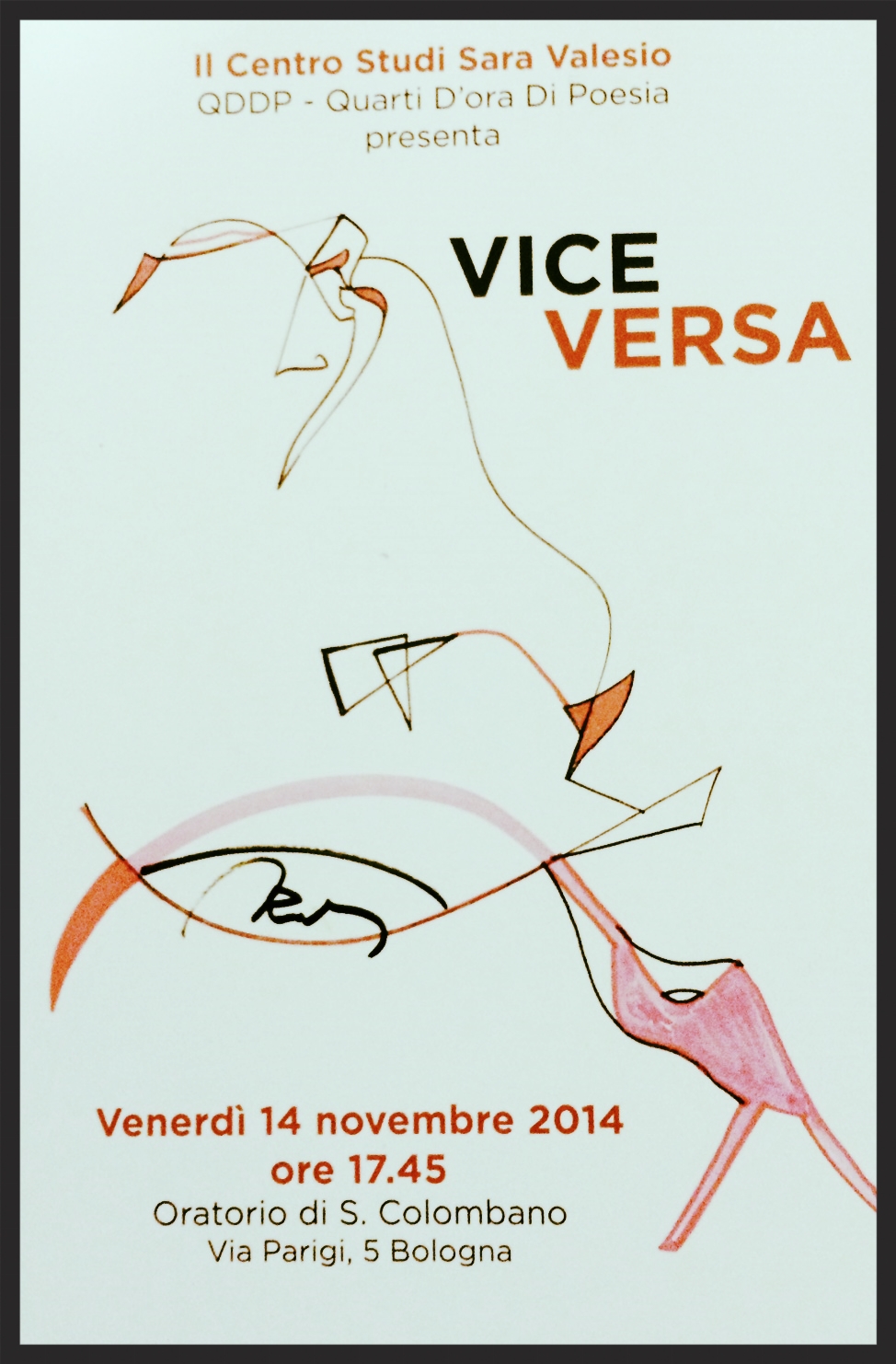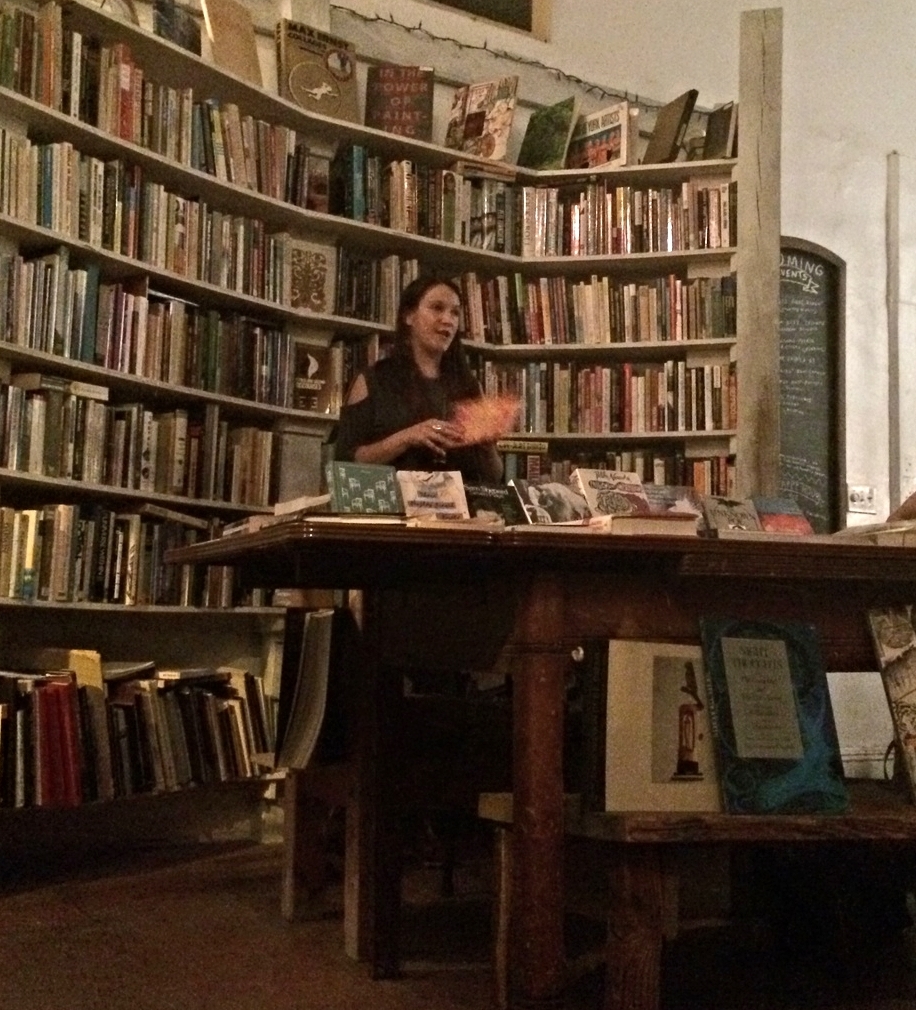XVI
Men
The weary one, orphan
of the masses, the self,
the crushed one, the one made of concrete,
the one without a country in crowded restaurants,
he who wanted to go far away, always farther away,
didn't know what to do there, whether he wanted
or didn't want to leave or remain on the island,
the hesitant one, the hybrid, entangled in himself,
had no place here: the straight-angled stone,
the infinite look of the granite prism,
the circular solitude all banished him:
he went somewhere else with his sorrows,
he returned to the agony of his native land,
to his indecisions, of winter and summer.
-------------------------------
XVI
Los Hombres
El fatigado, el huérfano
de las multitudes, el yo,
el triturado, el del cemento,
el apátrida de los restaurantes repletos,
el que quería irse más lejos, siempre,
no sabía qué hacer en la isla, quería
y no quería quedarse o volver,
el vacilante, el híbrido, el enredado en sí mismo
aquí no tuvo sitio: la rectitud de piedra,
la mirada infinita del prisma de granito,
la soledad redonda lo expulsaron:
se fue con sus tristezas a otra parte,
regresó a sus natales agonías,
a las indecisiones del frío y del verano.
(Neruda, Pablo, and William O'Daly. The Separate Rose = La Rosa Separada. Port Townsend, WA: Copper Canyon, 2005.)
------------------------------------
This canto is the highest point of the five-canto high point at the center of Neruda's book-length poem, The Separate Rose, extending from cantos XIII to XVII. In all, the poem contains twenty-four cantos, alternating between the perspectives of "Men" and "The Island."
"Men" is Neruda—all men, hungry men, bored men, gathered men, man the poet, man the imperialist—Neruda come to the island to reflect. "The Island" is Easter Island—all islands, the separate island, the edenic island, the primitive island, the dazzling island— desired, populated, christianized and inevitably ruined. The reader can guess Neruda's take on the whole thing without much effort—if you give an old poet an eden, he's going to want a serpent. And he does, after all, defend the island's solitary beauty and scorn muddy men for soiling it. What's less predictable (though more obvious) is how vehemently Neruda includes himself among the race--a man, a piggish man, another tourist come to "suckle and raise the ruins" of the island. (But I protest! He's Pablo Neruda! A poet! A soaring soul! No mere man!) What's least predictable of all is Neruda's equation of the island with universal knowledge--this lily pad far off where, if we could only stay there, coiled in rapturous thought, we'd know everything forever. What makes us "men," what makes Neruda a man, is that he must return, he must end his isolation, abandon his pure thought, sail 2,300 miles back to Chile.
XIII
Men
We went a long way, a long way
to understand the orbits of stone,
the extinguished eyes still gazing out,
the gigantic faces ready to enter eternity.
The island a long way away. Our knowledge of the "orbits of stone," (las órbitas de piedra) a long way from Ptolemy. The construction of the stone statues on Easter Island— the famous moai, begun around 1250—a long way back. Man has traveled far through time and space to know what he knows, to have seen what he's seen. And yet, Neruda insists, man must return (the verb 'regresar' appears in almost every canto of the poem) must come back from the island and from all knowledge. He must die, in other words, and his brain with him. Again, fairly predictable in the world of poetry, the old 'we all die eventually' argument, which tends to hold true. Neruda himself is pretty close to proving it while he's writing this—he makes the trip in 1971 and dies two years later of cancer.
XIV
Men
Such a long, long way we have to go,
even farther from the stone masks
standing erect, in utter silence, and we'll go
wrapped in their pride, in their distance.
What brought us to the island?
It won't be the smile of flowering men,
or the crackling waist of lovely Ataroa,
or the boys on horseback, with their rude eyes,
that we'll take home with us:
just an oceanic emptiness, a poor question
with a thousand answers on contemptuous lips.
We return from the island not with details--the "smile," the "crackling waist," the "rude eyes" of the boys on horseback--but with bloated generalizations, "oceanic emptiness," death. To covet the island, to covet universal knowledge, is to betray detail, to make oneself the old vast excuses. Precisely the two things a poet can't afford to do: abandon detail and make an excuse of death/space/time. And yet that's exactly what Neruda struggles to do throughout this poem, and still call it poetry.
We're a long way from early Neruda: the romantic surrealist, his poems full of detail and free of excuse. The traveling Neruda in his twenties, in Burma, Siam, China, Japan, India. Is it he that Neruda berates in canto XVI? His own younger self? "The one without a country in crowded restaurants, / he who wanted to go far away, always farther away, / didn't know what to do there, whether he wanted / or didn't want to leave . . . " The boy who sobbed at the smell of barbershops; the felt swan, steering his way through origin and ash; "el vacilante, el híbrido, el enredado en sí mismo"? Neruda's early poems presume to know. Old Neruda wants to know for real--and though he's tired of presumption, he recognizes that all pure knowledge is isolated and temporary. If canto XVI is truly old Neruda wrestling young Neruda, then nobody wins. Young Neruda goes on presuming in print; old Neruda goes home to Chile, knowing nothing for sure.
he returned to the agony of his native land,
to his indecisions, of winter and summer.
The canto's last line, with its built in uncertainty, is stunning: are they indecisions of winter or indecisions of summer? It's as if Neruda's revealing his own magic, admitting the poet's hesitation that lurks behind every printed word: the poet trying to know, even as he dismisses all certain knowledge.
The whole canto reminds me of a verse in Bob Dylan's "Visions of Johanna," another detached scolding of a younger, idealistic, wavering, presumptuous self:
Now, little boy lost, he takes himself so seriously
He brags of his misery, he likes to live dangerously
And when bringing her name up
He speaks of a farewell kiss to me
He’s sure got a lotta gall to be so useless and all
Muttering small talk at the wall while I’m in the hall . . .
Of course, Blonde on Blonde marks the third and last of the three great young, "presumptuous" records of Dylan's career. The ones for which he'll be most remembered, as Neruda will be remembered for his Residencia En La Tierra. Must a poet presume, then? Is to do away with presumption—to call the world unknowable, to say 'we all die eventually,' to raise the white flag of the expanding universe—fatal to creativity?
The straight-angled stone,
the infinite look of the granite prism,
the circular solitude all banished him.
Knowledge is not a cloying, aspiring, presuming to know, says a dying Neruda, but a stone cold stare.
















